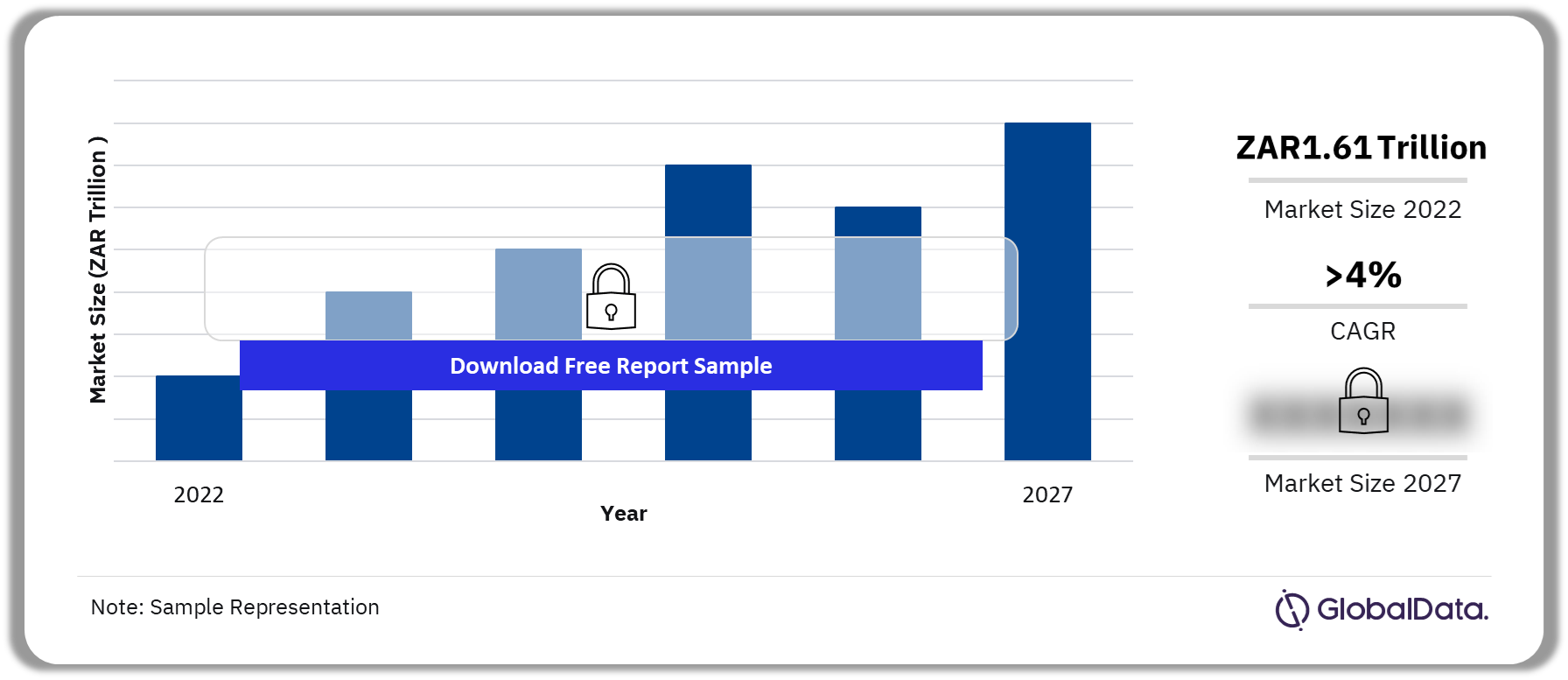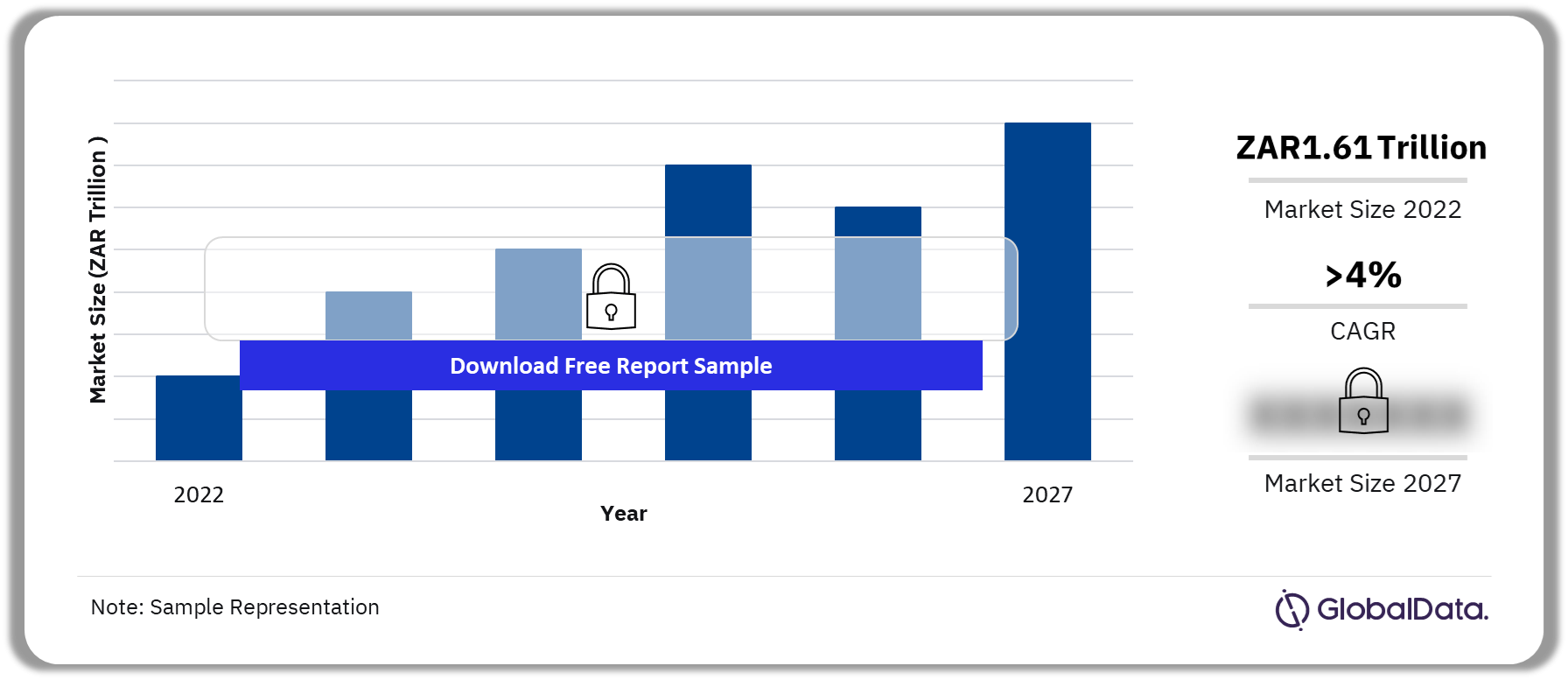Small businesses in the South Africa retail market face a unique set of challenges and opportunities. Understanding these factors is essential for success in this dynamic environment.

Buy Full Report for More Insights into the South Africa Retail Market Forecast
Challenges:
-
Economic Uncertainty: South Africa's economy has faced challenges, including high unemployment and income inequality. Economic uncertainty can impact consumer spending, affecting the revenue of small businesses.
-
Competition: The retail market in South Africa is highly competitive, with both local and international players. Small businesses must compete with larger retailers and e-commerce platforms.
-
Access to Capital: Access to financing and capital can be a significant challenge for small businesses. Securing funding for expansion, inventory, or technology investments may be difficult.
-
Supply Chain Disruptions: Disruptions in the supply chain, both domestically and internationally, can affect small businesses' ability to source products and maintain inventory levels.
-
Regulatory Compliance: South Africa has complex regulatory requirements, including labor laws and safety regulations. Small businesses need to navigate these regulations, which can be resource-intensive.
-
Infrastructure and Logistics: Inefficiencies in infrastructure and logistics, such as transportation and warehousing, can lead to delays and increased operational costs for small retailers.
-
Digital Transformation: Adapting to e-commerce and digital marketing may be challenging for some small businesses. Investing in online platforms and digital marketing strategies is essential to remain competitive.
Opportunities:
-
Local Sourcing: Small businesses can leverage the trend of local and sustainable sourcing. Promoting locally made products can resonate with consumers and differentiate small businesses from larger retailers.
-
E-commerce Growth: The growth of e-commerce presents an opportunity for small retailers to expand their reach and customer base. Investing in user-friendly websites and mobile apps can drive online sales.
-
Niche Markets: Small businesses can cater to niche markets and specialized products. Focusing on unique offerings can attract loyal customer bases.
-
Personalized Customer Service: Small businesses can provide personalized and attentive customer service, creating a strong connection with their clientele and differentiating themselves from larger competitors.
-
Partnerships and Collaborations: Collaborating with other businesses, both within and outside the retail sector, can expand opportunities for cross-promotion and shared resources.
-
Government Support: Some government programs and incentives support small businesses, including funding opportunities and training programs.
-
Pop-up Stores: Small retailers can benefit from the trend of pop-up stores and experiential retail, which can be cost-effective and offer opportunities to reach new customers.
-
Digital Marketing: Digital marketing provides cost-effective ways to reach a wider audience. Small businesses can harness the power of social media and online advertising to connect with potential customers.
-
Community Engagement: Engaging with the local community through events, sponsorships, and partnerships can build brand loyalty and support.
-
Adaptability: Small businesses have the advantage of being agile and adaptable. They can quickly respond to changing market conditions and consumer preferences.
While small businesses in the South Africa retail market face challenges, they also have numerous opportunities to succeed and grow. By understanding the market dynamics, embracing digital transformation, and leveraging their unique strengths, small retailers can thrive in this competitive landscape.


